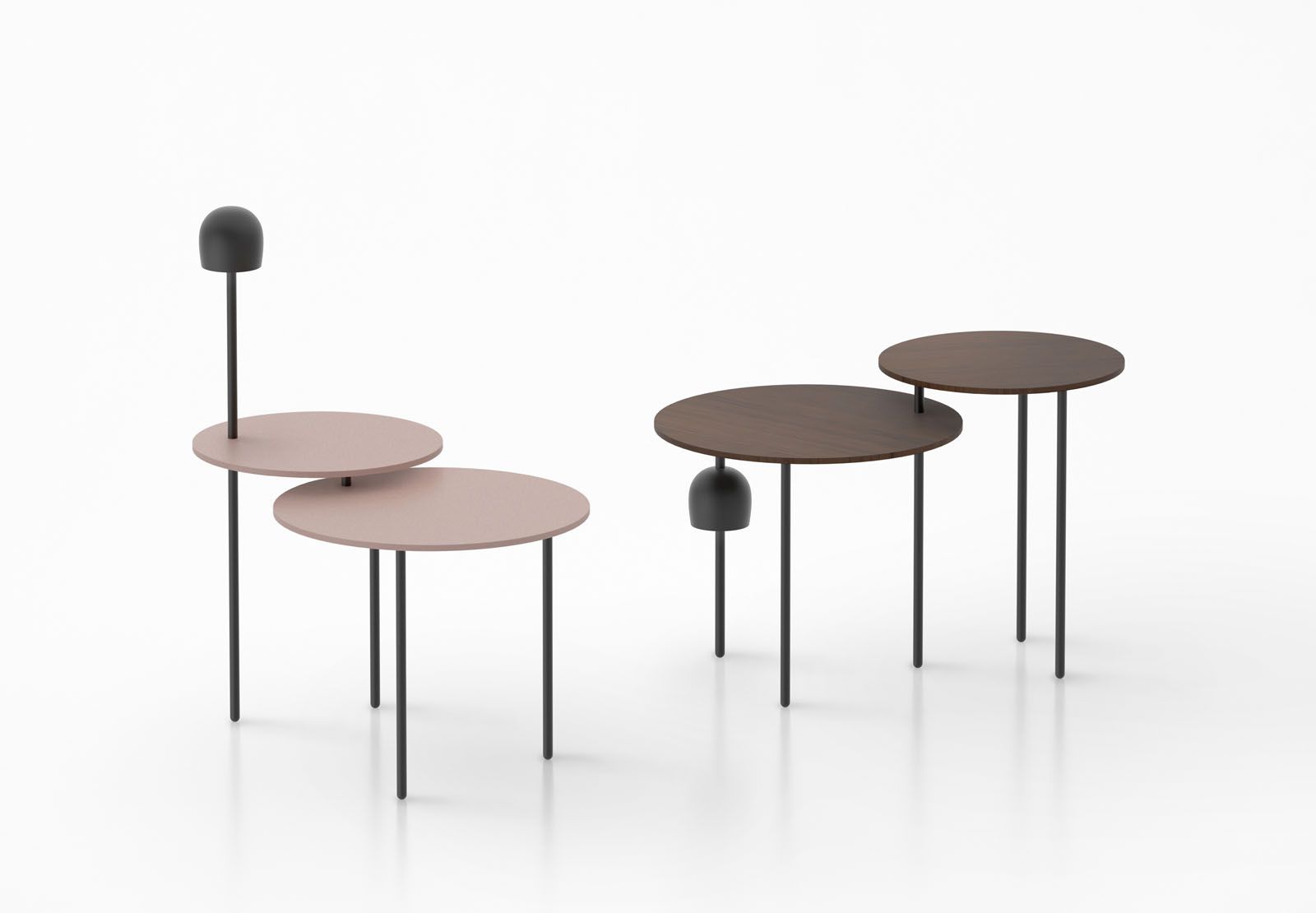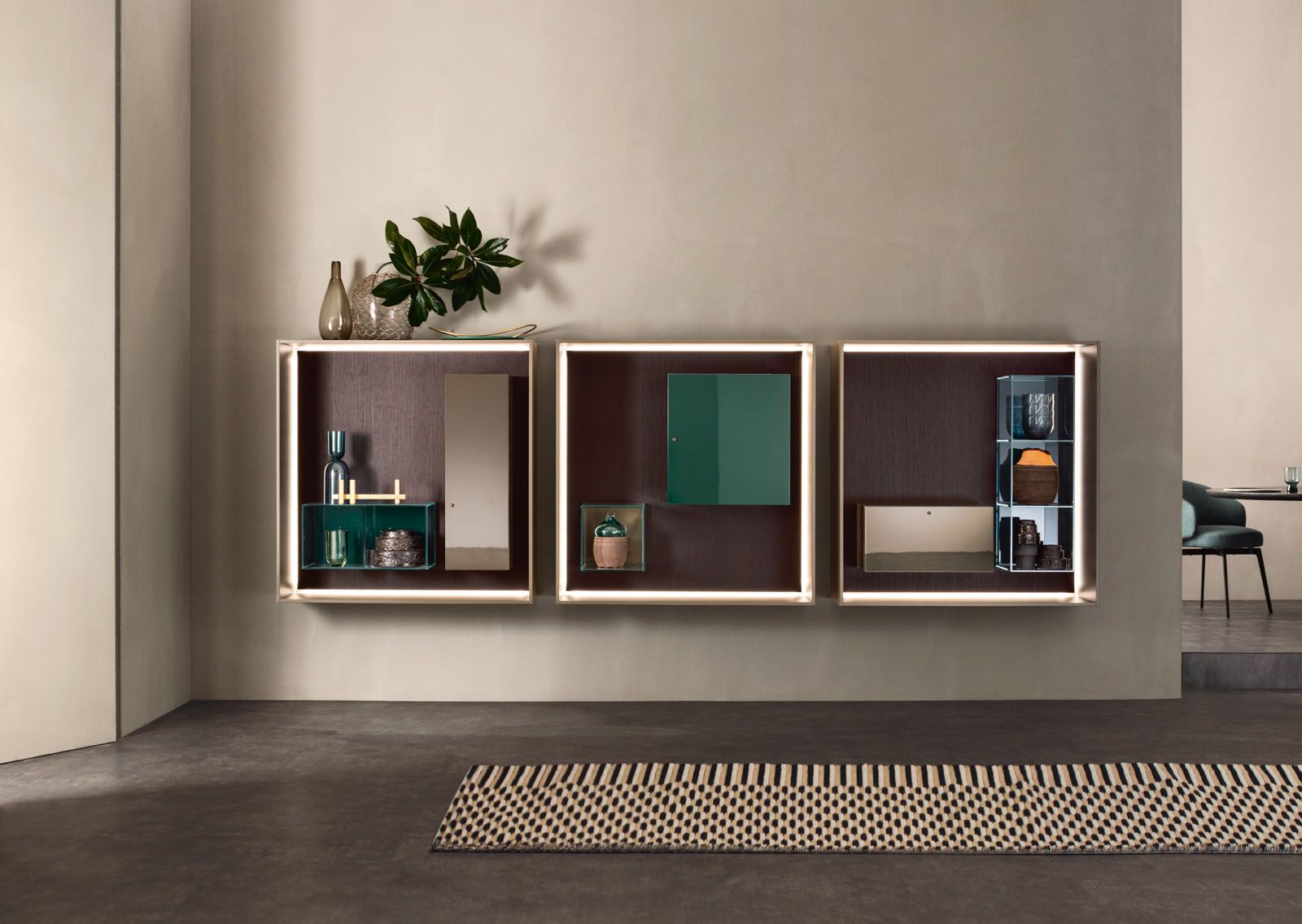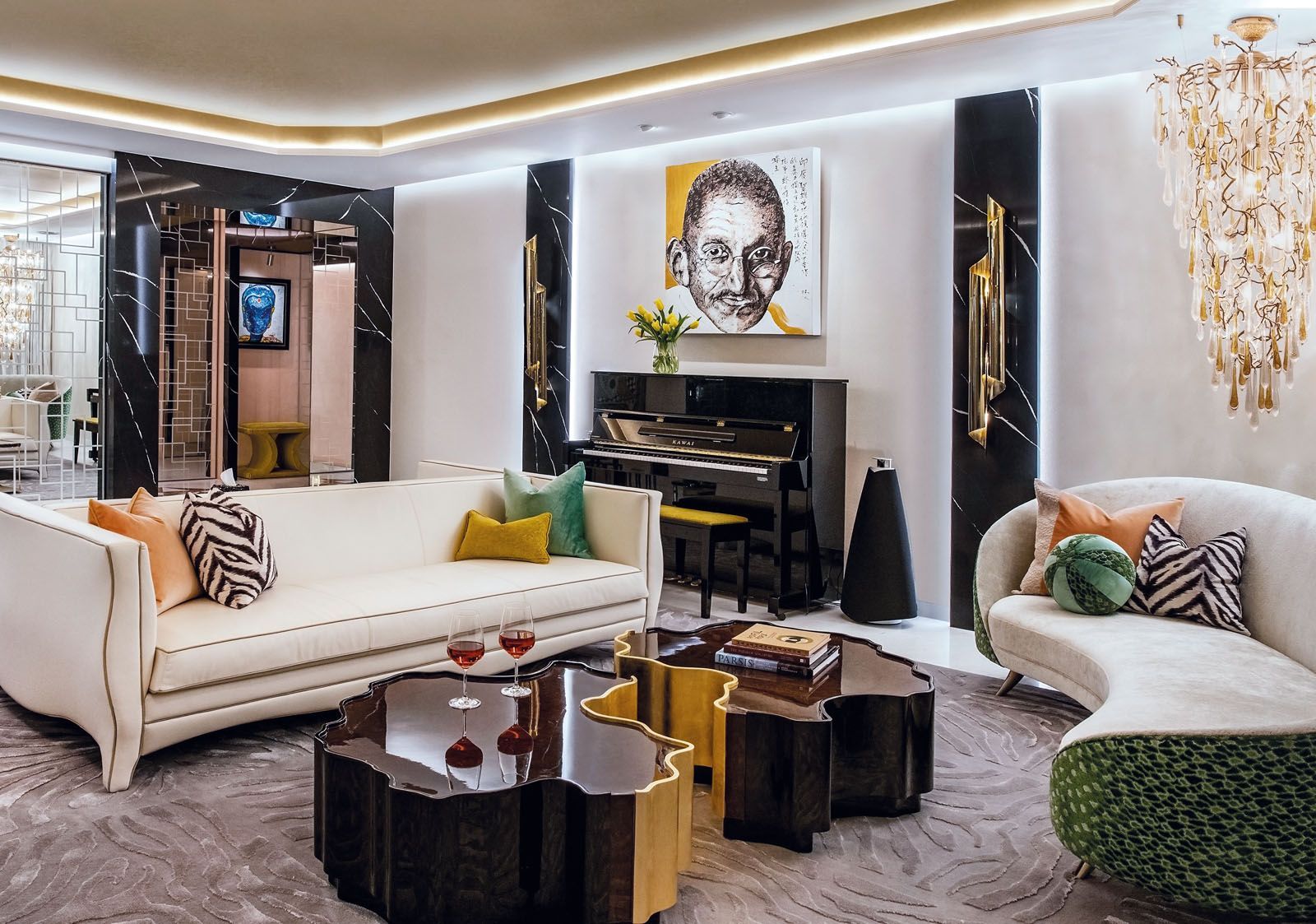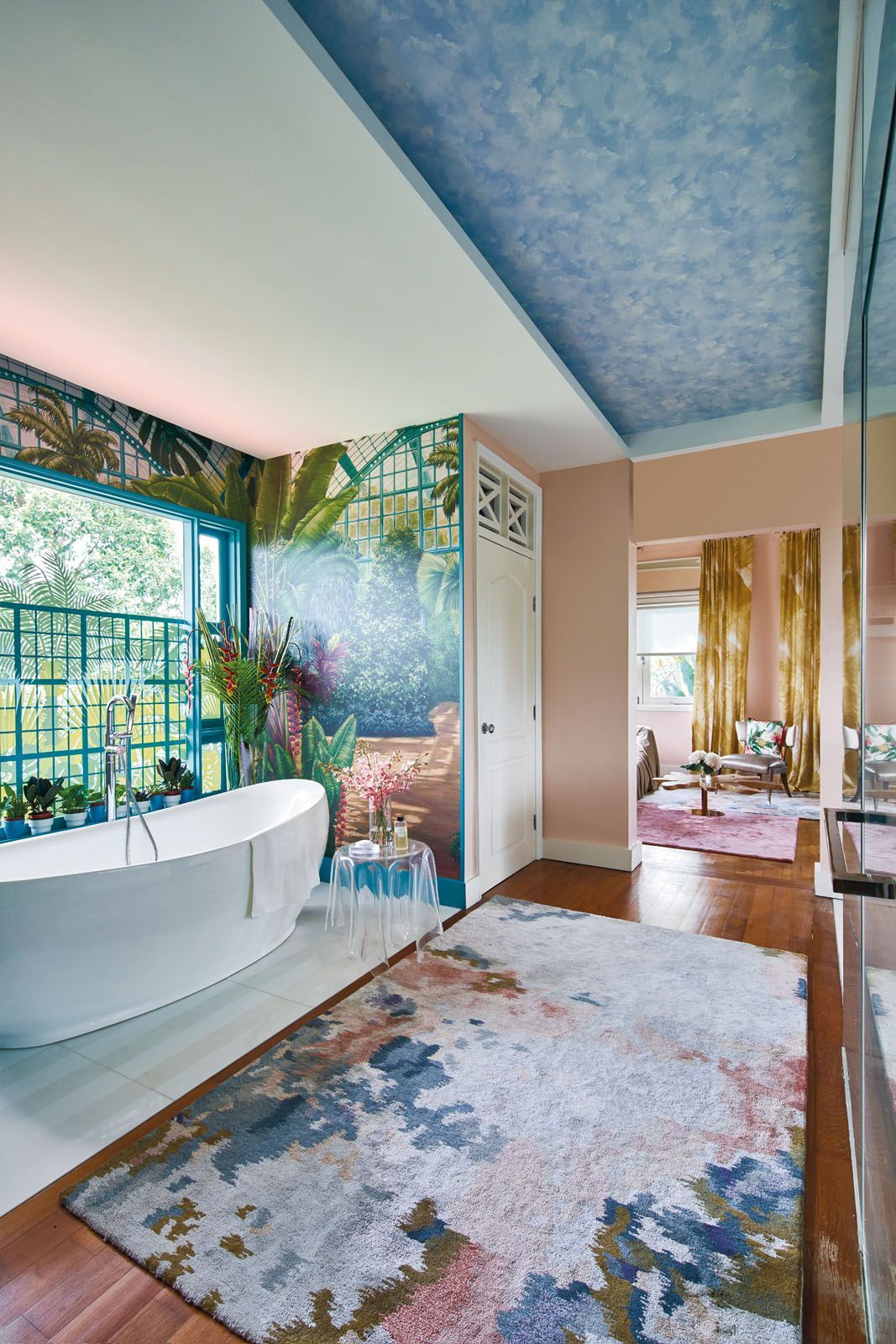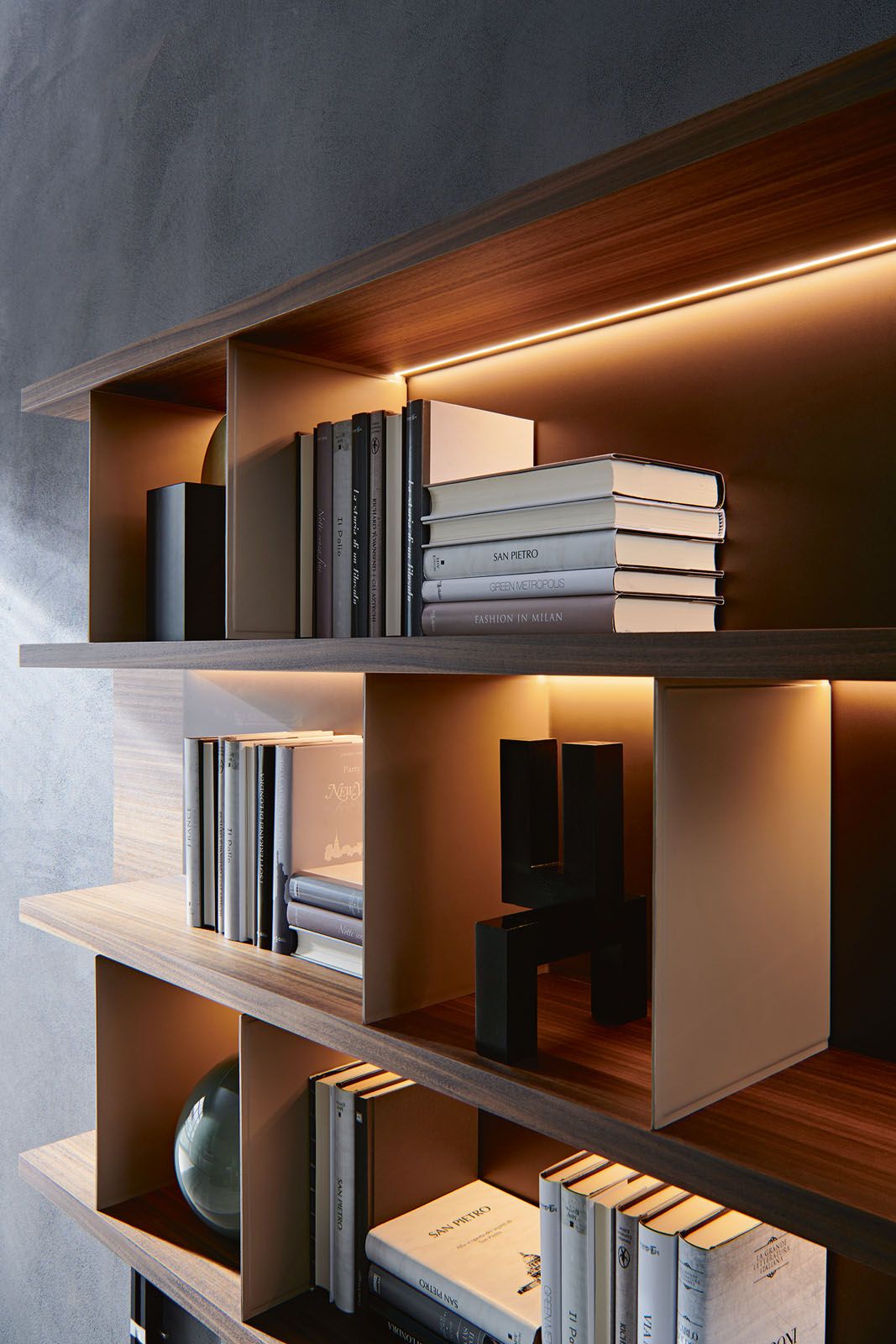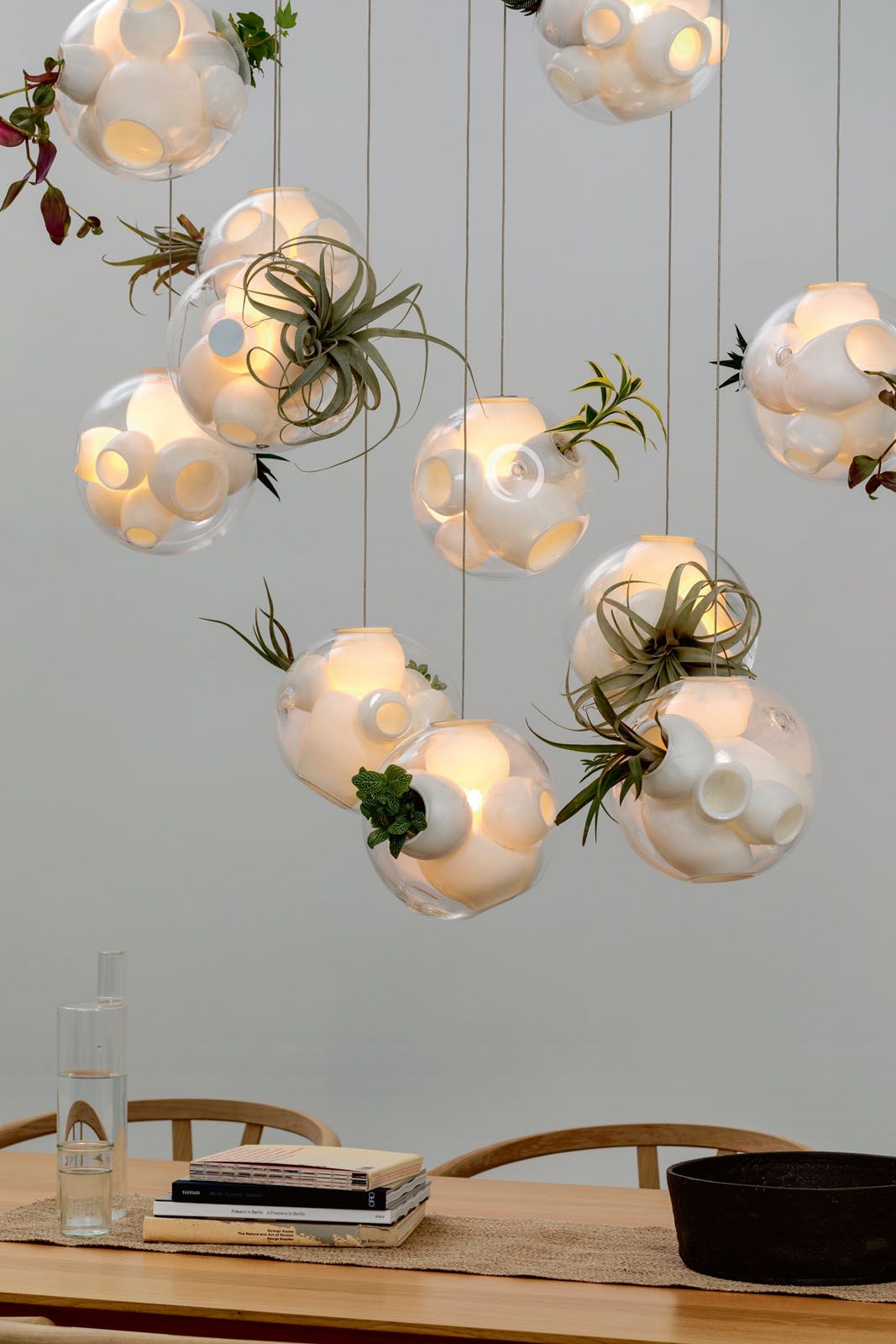Nikki Hunt of Design Intervention discusses the importance of lighting design and how it can influence our mood
I often say that lighting is like fairy dust—sprinkle it right and you can create magic. The aim is not to have someone walk into a home and think that the lighting is great. In fact, if this is the case, then we haven’t done our job well at all; it’s all about subtlety and the design of the space as a whole.
Read also: 5 Best Instagram Accounts To Follow For Interior Design Inspiration

Most people are aware of the importance of good task lighting to help improve our concentration. But strategic lighting choices can also help us relax and even sleep better, thereby improving our health.
Lighting that works with our bodies’ sleep cycles can influence how we feel and behave. Understanding how and when you will use a space is therefore the first step to good lighting design.

